 The trail to Floe Lake in Kootenay National Park is a 21-km roundtrip hike to a stunning alpine lake with massive mountain views. Beautiful Floe Lake itself is located at the bottom of a massive 1000m sheer rock face.
The trail to Floe Lake in Kootenay National Park is a 21-km roundtrip hike to a stunning alpine lake with massive mountain views. Beautiful Floe Lake itself is located at the bottom of a massive 1000m sheer rock face.
Most of the trail meanders its way through open meadows and burnt forest teeming with fireweed and various wildflowers. You will also pass waterfalls, creeks, and three pretty bridges.
The official trail to Floe Lake ends at Floe Lake Backcountry Campground in Kootenay National Park. From there, hikers can enjoy a day at the lake and hike back out. Or, if you’ve secured permits, you can stay overnight at the Floe Lake Campground, or continue your hike to the rest of the Rockwall Trail multi-day route (permits required).
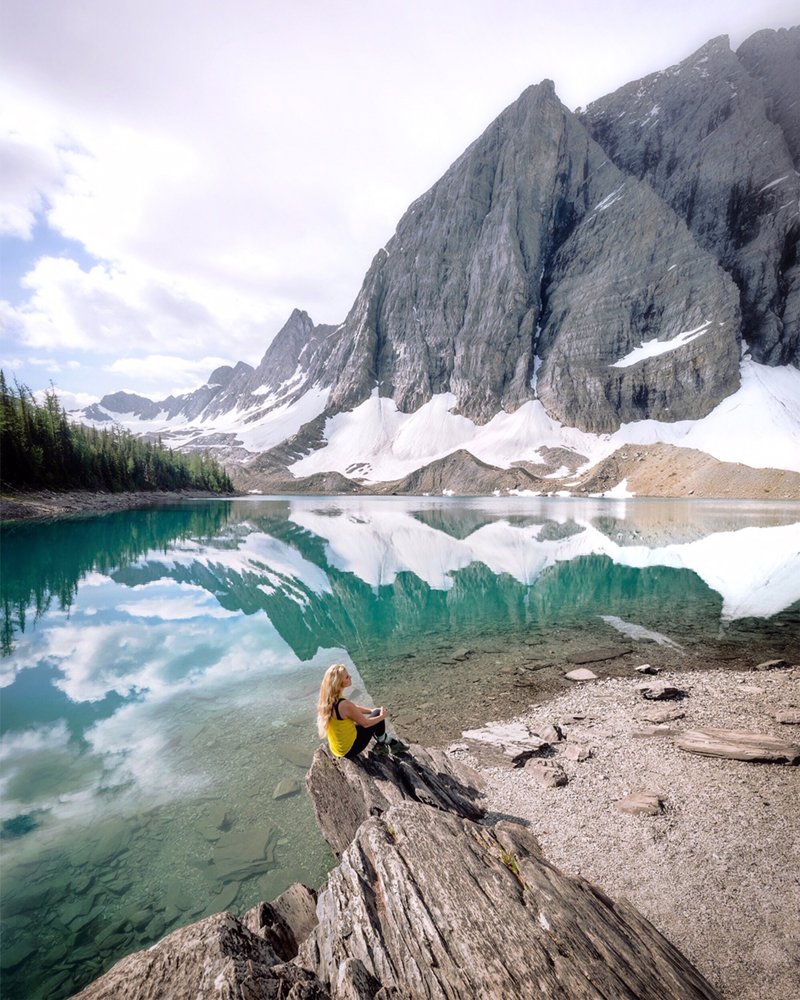
Hiking the Floe Lake Trail: Complete Guide to Backpacking and Camping at Floe Lake in Kootenay National Park
Quick Links:
- How difficult is the hike to Floe Lake?
- How do you get to the Floe Lake trailhead?
- How long does it take to hike to Floe Lake?
- Should I do a day hike to Floe Lake, or choose to stay overnight in the Floe Lake Campground?
- How do I book a permit to stay at the Floe Lake Backcountry Campground?
- What are the bugs like at Floe Lake and along the Floe Lake Trail?
- What wildlife can you find at Floe Lake?
- When is the best time to go to Floe Lake?
- What amenities does the Floe Lake Campground have?
- Recommended Gear for Backpacking to Floe Lake
How difficult is the hike to Floe Lake?
Parks Canada rates this trail as “difficult”. However, to me, it should be rated as “moderate”. The trail is narrow, uneven and fairly exposed, but the cliffs surrounding most of the trail are not overly steep.
The trail has an elevation gain of 715 meters on the hike in (some guides say closer to 900 meters), most of which happens in the last 2 or 3 km of the hike through a series of steep switchbacks in the forest. The rest of the hike is fairly flat, with a handful of undulating up and down sections.

How do you get to the Floe Lake trailhead?
The Floe Lake Trailhead begins in Kootenay National Park at the Floe Lake parking lot, 72km east of Radium Hot Springs on highway 93.
It is a 45 minute drive from either Banff or Lake Louise, or a 2-hour drive from Calgary.
How long does it take to hike to Floe Lake?
Parks Canada recommends 7 hours of hiking time for Floe Lake, and I found this to be fairly accurate,
It took us about 4 hours to hike up to Floe Lake Campground carrying 35-40lb backpacks, with one 10-minute snack break, accompanied by a 13-year-old small dog who constantly needed to be picked up and carried when she became tired.
Another group we had met at the campground took over 5 hours to hike in, and I’m certain day hikers without heavy backpacks could take just 3 or 3.5 hours.
The length of time required to hike to Floe Lake will depend upon your speed, your fitness level, how many times you stop for snacks or photos, how much weight you are carrying, etc.
Hiking out from Floe Lake back to the parking lot took us under 3 hours without any snack breaks, and stopping for just a few photos.

Should I do a day hike to Floe Lake, or choose to stay overnight in the Floe Lake Campground?
I highly recommend staying overnight, at least for one night! Here are just a few reasons why:
Photography opportunities: Being a photographer, witnessing sunrises and sunsets at my destination is extremely important for me. This gives me the best chance of witnessing the scenes in the most beautiful lighting conditions. Also, the lake often becomes stiller and glassier during sunrise and sunset, providing the best reflections.
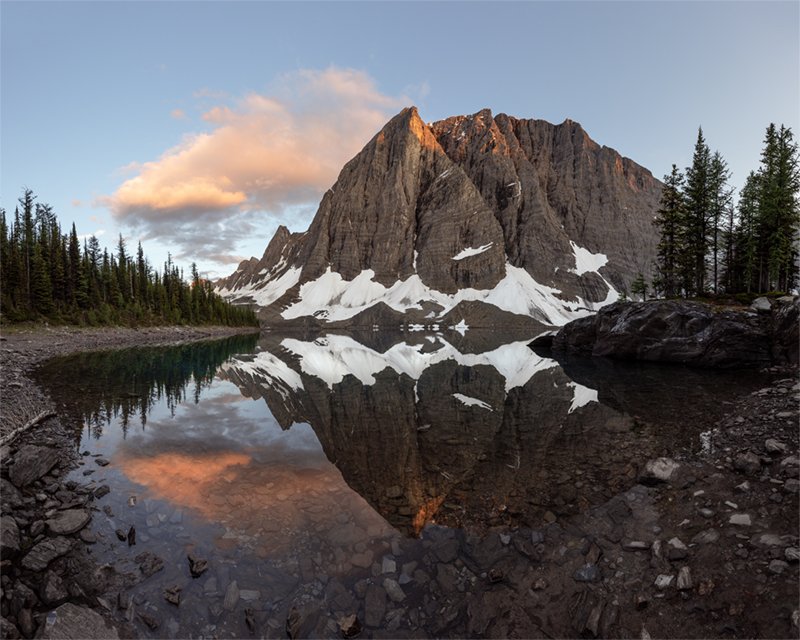
More time to explore: There is plenty to see in the area, and other connecting hiking trails you can take from Floe Lake. If you stay overnight at the campground, you can have more time to venture further and see more.
More time to relax: One of my favorite memories at Floe Lake was sitting on the rocks in front of the lake once the sun came up, making coffee and enjoying a leisurely breakfast in the sun, watching day hikers and through-hikers come and go. Without having to worry about hiking back out immediately, you will likely find yourself even more relaxed and able to enjoy Floe Lake fully.
If you are not able to obtain a camping permit (see below), doing Floe Lake as a dayhike is still an awesome option! This is a gorgeous part of Kootenay National Park to explore, regardless of if you’re able to snag on overnight permit. Just start the hike as early as possible to allow plenty of time to enjoy the destination.
How do I book a permit to stay at the Floe Lake Backcountry Campground?
If you wish to stay overnight at the Floe Lake Campground (and you should!), you can book your permits online 24/7 at the Parks Canada Reservation Service, or by calling 1-877-RESERVE (1-877-737-3783).
Reservations for same-day permits (if available) can also be booked at a Parks Canada Visitor Centre.
When booking online, reservations for any dates for the entire hiking season may be made as of 8am MST, January 24, 2019. There used to be a 3-month window limit, but that has been removed.
To book Floe Lake Campgrounds reservations online:
- Click here to visit the reservations system
- Step 1: Choose “Backcountry” for Reservation Type
- Step 2: Select your arrival date
- Step 3: Use “Banff, Kootney and Yoho National Parks” for “Select your backcountry experience”
- Step 4: Enter your party size and + of tent pads required (note: each tent pad can accommodate only one single tent and up to 4 people)
- Step 5: Select “Floe Lake Trailhead” as your Access Point and add any additional nights or additional campsites, if you’re hoping to reserve other campsites across the Rockwall Trail
- Click Reserve, review and accept the terms, and continue your booking if your chosen dates are available.
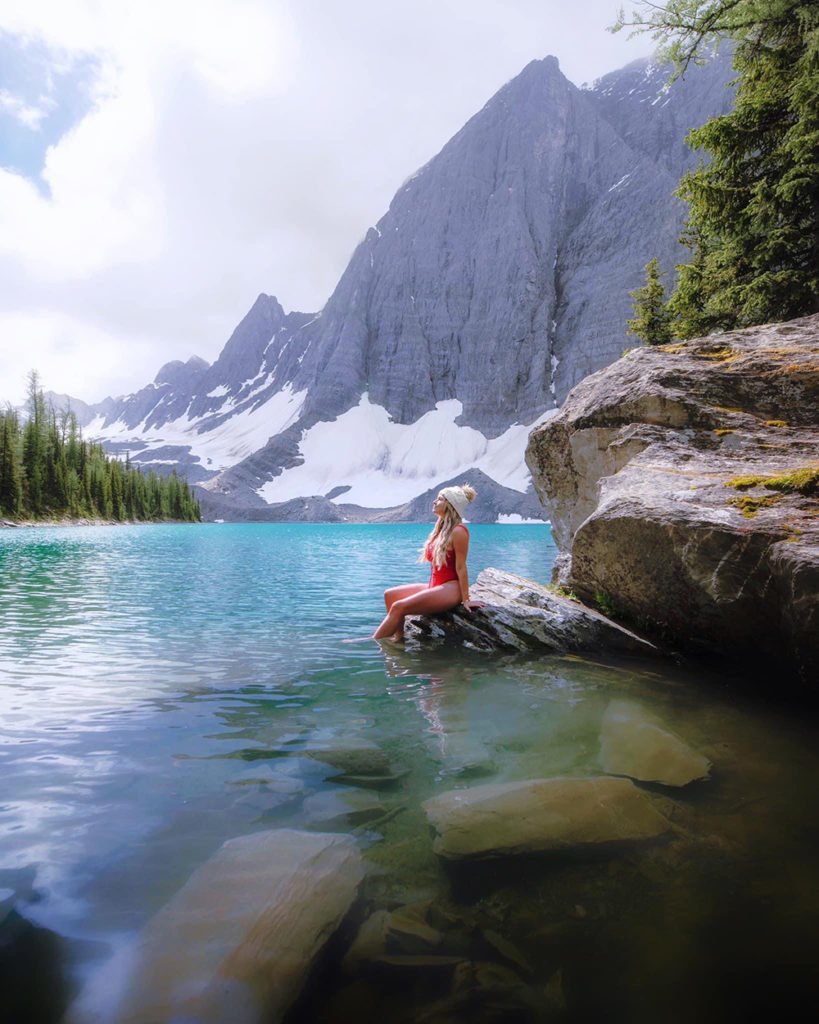
Backcountry Campground Fees:
Overnight Fee, per person – $ 9.80
Reservation fee (per reservation) – $ 11.70
A few quick notes about the Backcountry Reservation System from Parks Canada:
- A non-refundable reservation fee applies.
- Demand is highest in July and August, book early to avoid disappointment.
- Maximum group size is 10 people, including guides and leaders.
What are the bugs like at Floe Lake and along the Floe Lake Trail?
When I visited in mid-July, there were plenty of annoying mosquitoes buzzing around bothering us! Come prepared with plenty of bug spray.
Also, Glenn was bitten by a tick on the hike up to Floe Lake. You hike through a LOT of thick grass/bushes, and this area does have ticks. We also saw young ticks crawling on our tent as we were camping.
To learn more about ticks in Alberta/Canada, Lyme Disease and tick prevention, read my “Ticks” blog post here.
If you’re looking for extra protection, Mark’s carries a line of clothing called Windriver NoFlyZone, treated with permethrin that is known to repel both mosquitoes and ticks. Learn more about their insect-repelling clothing here
What wildlife can you find at Floe Lake?
Wildlife in the Kootenay National Park can include bears (grizzly & black), wolves, coyotes, cougars, wolverines, deer, elk, moose, bighorn sheep, and marmots. I personally only witnessed deer and squirrels during my visit in mid-July. There are bear lockers at the campground to lock up your food and personal items that have fragrance.
As well, there’s rumors around the campground that porcupines sneak into tent vestibules and chew your hiking boots! Hilariously enough, I found this to *likely* be accurate. (We had an animal digging around at our vestibule in the middle of the night which woke us up in a panic…and we did indeed have our hiking boots inside of that vestibule!)

When is the best time to go to Floe Lake?
This depends on what you are looking for! The lake is usually frozen until at least early July. In mid to late September, the larch trees in the area turn a gorgeous and vibrant golden color. The purple fireweed in the area usually appears around late July or August.
The busiest times to book are during the months of July and August.
No reservations are usually accepted prior to July 10 due to snow level at the campground.
SAVE HUGE ON HOTELS WITH MY EXPEDIA LINK:

What amenities does the Floe Lake Campground have?
The campground has 18 tent pads and two outhouses. There are a number of picnic tables available throughout the common areas of the campground. Bear lockers are provided.
Campfires are not allowed, and there are no fire pits.
Horses are not allowed, nor are bicycles.
Dogs are allowed for both day hikes and overnight stays at the campground.
Recommended Gear for Backpacking to Floe Lake:
Lightweight Tent:
The size of tent will depend upon how many people you’re sharing a tent with. I recommend purchasing as light of a tent as possible that is also good quality. This is your “home” that you will be carrying on your back, so the combination of good quality + lightweight will be worth its weight in gold! Here are some super lightweight options:
I HIGHLY RECOMMEND:
- Hyperlite Mountain Gear’s UltaMid 2 Insert (packed weight: just 1 lb 5 oz)
- Black Diamond Distance Tent with Adapter (packed weight: just 1 lb 9 oz)
- MSR Carbon Reflex 2 Tent (packed weight: just 2 lbs 3 oz)
- MSR Flylite 2-Person Tent (packed weight: just 2 lbs 4 oz)
Looking for even more options to consider so you can feel certain you have made the right purchase? This is such an essential item that I have created an entire blog post for you dedicated to recommending the best lightweight tents available in 2019!
Sleeping Pads:
After all of the hiking you will be doing, a comfortable sleeping pad is definitely an essential! Foam pads are options too. However, here are a couple of my fave, ultra lightweight, inflatable sleeping pad options:
I HIGHLY RECOMMEND:
- Therm-a-Rest ProLite Plus Sleeping Pad (weight: 1lb to 1lb 15oz depending upon size)
- Sea To Summit Comfort Light Sleeping Pad (weight: 1lb 2oz)
- NEMO Equipment Inc. Tensor Sleeping Pad (weight: 1 lb 2 oz)
- Klymit Insulated Static V Sleeping Pad (weight: 1 lb 9 oz)
 Sleeping Bag:
Sleeping Bag:
You’ll want to make the decision about what temperature-rating of a sleeping bag to purchase depending upon when you are visiting Floe Lake. Go with the lightest bag possible that is still built for the coldest temperature you think you will encounter on your trip. Obviously, the bag options will be heavier the lower the temperature rating is. I have two different sleeping bags (one lightweight one that is good until 7C, and one bulkier three-season bag that is good until -10C or so).
I HIGHLY RECOMMEND:
- Sierra Designs Backcountry Bed 700 Sleeping Bag: 35 Degree Down (weight: [regular] 13.9oz, [long] 15oz)
- Big Agnes Sentinel Sleeping Bag: 30 Degree Down (weight: 3lb 9oz)
- Western Mountaineering UltraLite Sleeping Bag: 20 Degree Down (weight: (short) 1lb 12oz, (regular) 1lb 13oz, (long) 1lb 15 oz)
- Western Mountaineering Sequoia MF Sleeping Bag: 5 Degree Down (weight: [6ft] 3lb 4oz, [6ft 6in] 3lb 7oz)
Nice-to-Haves for sleeping:
The following aren’t essential, but can add a bit of luxury to your camping trip – if you have the room, of course! (As an alternative, a down jacket stuffed inside of its own hood makes a great pillow). There are plenty of trees to hang up a hammock around your campsite at Floe Lake campground, so feel free to bring one along if you have the extra space and weight allowance remaining in your pack!
I HIGHLY RECOMMEND:
- NEMO Equipment Inc. Fillo Pillow – various fun color options (weight: 0.5 lb)
- Eagles Nest Outfitters DoubleNest Hammock – various fun color options (weight: 1lb 4oz – remember to also purchase straps!)
Essential Backpacking Gear:
Backpack:
Probably the most important item overall for backpacking is….your backpack! You’ll want a 45L – 60L pack for Floe Lake if you’re doing a backpacking trip, depending on how much you bring (and your packing abilities!) Here are a few of my faves:
I HIGHLY RECOMMEND:
- Osprey Packs Ariel AG 55L Backpack – Women’s
- Mammut Trion Guide 45+7L Backpack
- Deuter Aircontact Lite SL 45+10L Backpack – Women’s
- Gregory Maven 45L Backpack – Women’s
- Arc’teryx Bora AR 50L Backpack – Men’s
- The North Face Cobra 60L Backpack
- Gregory Stout 45L Backpack
- Osprey Packs Eja 48L Backpack – Women’s
Hiking Shoes:
You’re going to be hiking a minimum of 21 km on your trip to Floe Lake. Investing and breaking in a good pair of hiking shoes is a must! Shoe preferences are very different for each person and you might like a more narrow or wide foot, more arch support etc. Here are some fantastic options to begin with if you’re looking for a new pair:
I HIGHLY RECOMMEND:
- KEEN Oakridge Hiking Shoe – Women’s
- Merrell Moab FST 2 Hiking Shoe – Women’s
- Merrell Chameleon 7 Stretch Waterproof Hiking Shoe – Men’s
- KEEN Targhee ll Waterproof Hiking Shoe – Men’s
Hiking Poles:
Not everyone will require hiking poles, but they can definitely come in handy for those steep ascents and descents on the Floe Lake trail, or if your knees aren’t the best and you’d like a little extra support! Here are some great options:
I HIGHLY RECOMMEND:
Headlamp:
Super critical, even if you don’t plan to hike in or out in the dark. A headlamp will help you find the bathroom, water source, etc in the dark. Don’t ever go hiking or camping without one, even on a day trip – you never know! And don’t forget extra batteries. Here are some awesome options:
I HIGHLY RECOMMEND:
SAVE HUGE ON HOTELS WITH MY EXPEDIA LINK:

Water Purification:
There is no water source at the Floe Lake Campground that is treated, so you will need to bring a water purification option. They are small, lightweight, and affordable (especially if you choose tablets or drops)! Here are some different options:
I HIGHLY RECOMMEND:
 Cooking:
Cooking:
There is no firepit at Floe Lake Campground, and no fires are allowed at all. A JetBoil or a small camping stove will let you cook up dehydrated meals in a flash! Here are some lightweight options:
I HIGHLY RECOMMEND:
Don’t forget the matches/lighter and fuel!
Here’s a list of some remaining items that you will likely need on your trip to Floe Lake:
- Hiking clothes (shorts, pants, tank tops, warm layers, extra socks, sports bras, underwear, etc.) This will vary depending upon the time of the year you visit, but remember that it gets cold in the mountains!
- Dehydrated meals, lightweight snacks
- Bowl/cup, spoon/fork (or spork!)
- A bag to pack out your garbage (everything you hike in MUST be hiked out)
- Biodegradable soap for doing dishes
- Packing cubes for keeping your personal items organized (I love EagleCreek brand)
- Flip-flops or camp booties (lightweight; these come in handy when your feet get sore)
- First-Aid kid (for blisters, injuries, headaches/pain, illnesses etc)
- Lighter or matches, small canister of fuel for your stove
- Water bottle(s) – I prefer Nalgene brand
- Baby/cleansing wipes (for your face and body)
- Toiletries (contact solution, toothpaste, toothbrush, chapstick, etc.)
- Swimsuit for swimming and a small camping towel, if you’re into taking a polar dip!
Have I missed anything? I am planning on working on a few more blog posts dedicated to backpacking in the coming weeks (backpacking food recommendations, how to pack your bag, tips for packing as light and small as possible etc.) so stay tuned! 🙂
![]()
Disclaimer: There’s a chance that this blog post includes affiliate product links. At absolutely no extra cost to you, I may receive a small commission for any purchase made through these links. Any commissions received are very much appreciated, as they help me to be able to continue posting travel blog content free of charge to my lovely readers. Of course, all recommendations are unbiased, and I will always only recommend products and services that I truly believe in. Thank you for your support!
LOVE IT? PIN IT!
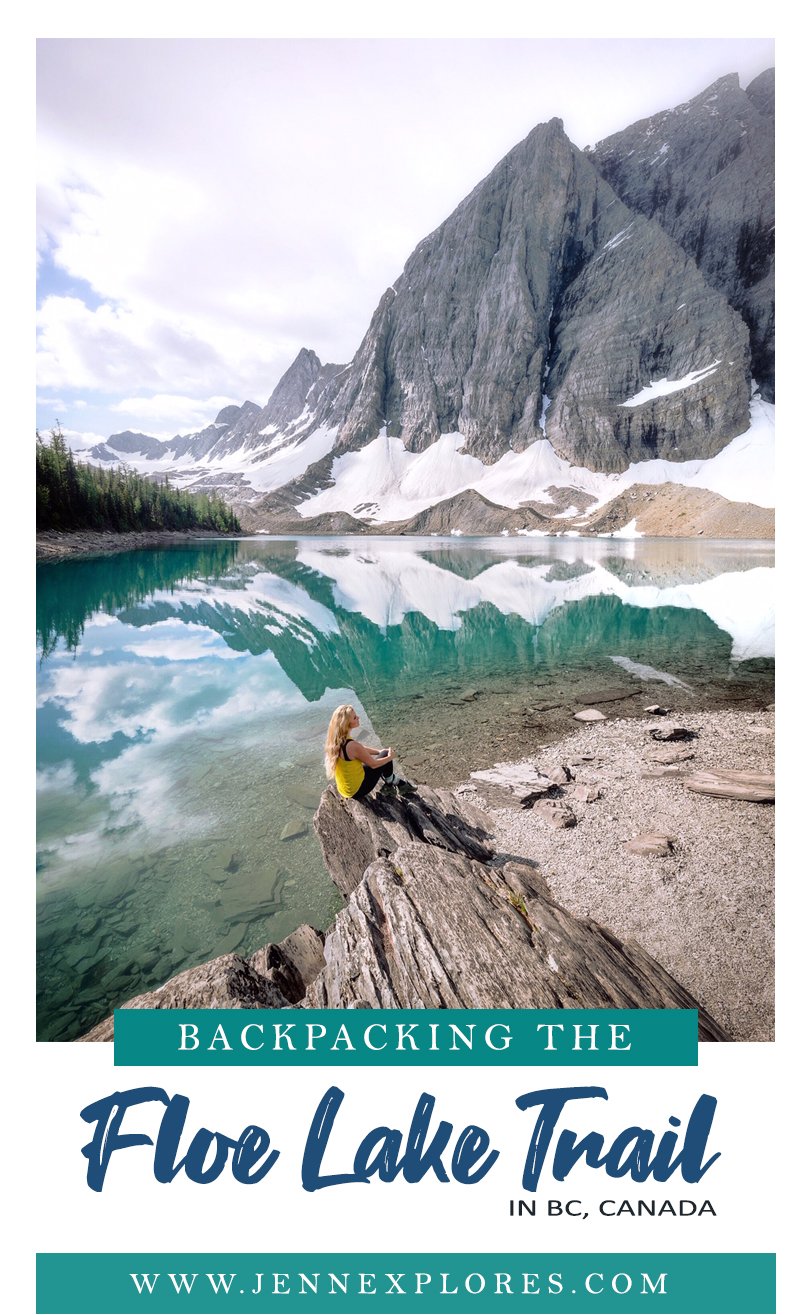
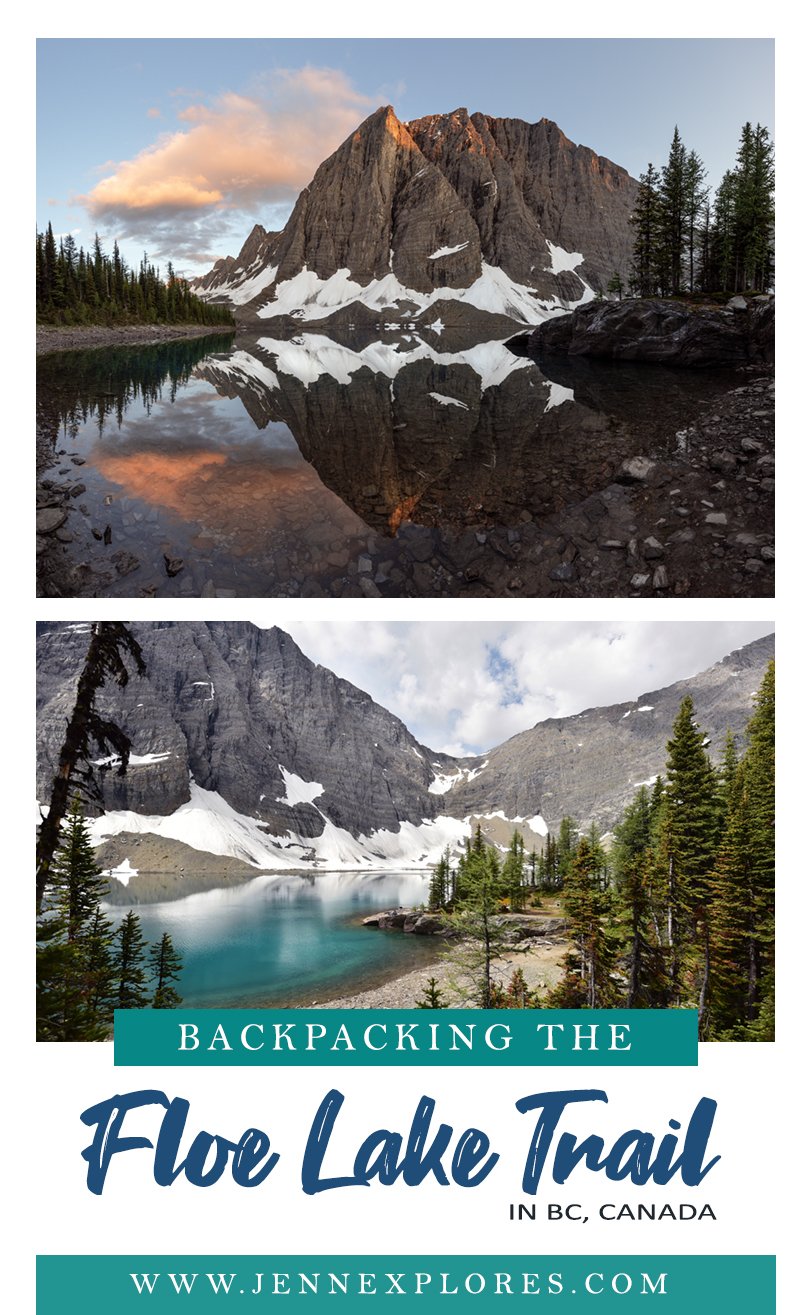
![]()
Questions or comments about hiking, camping, and backpacking Floe Lake? Some other topics you’d like me to cover? I’d love to hear from you, just leave me a comment below!



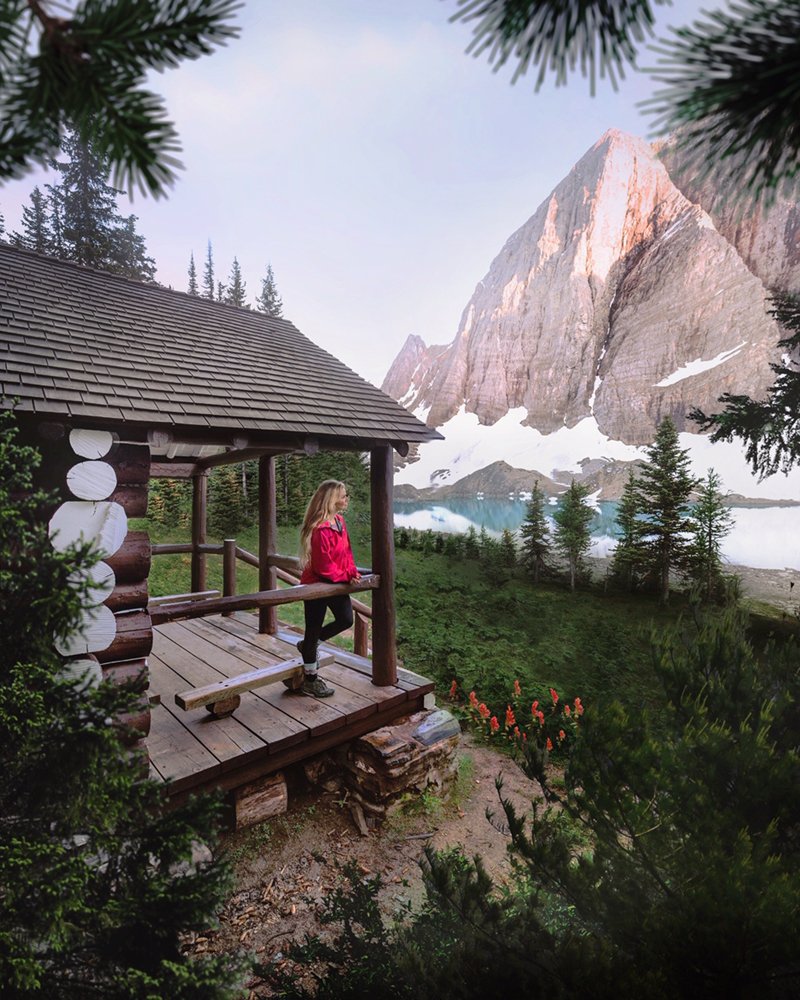
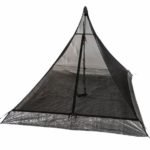


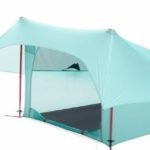
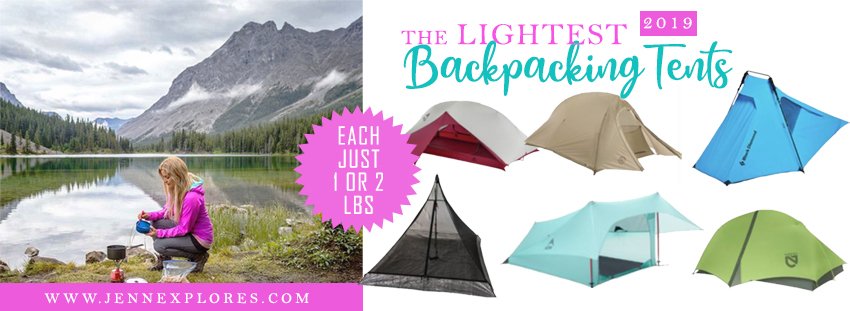


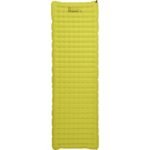




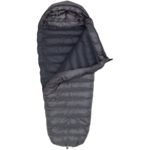

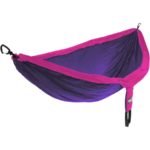







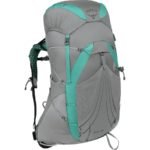




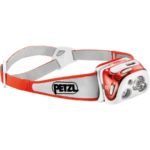

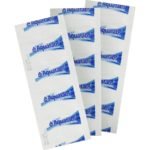



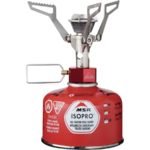



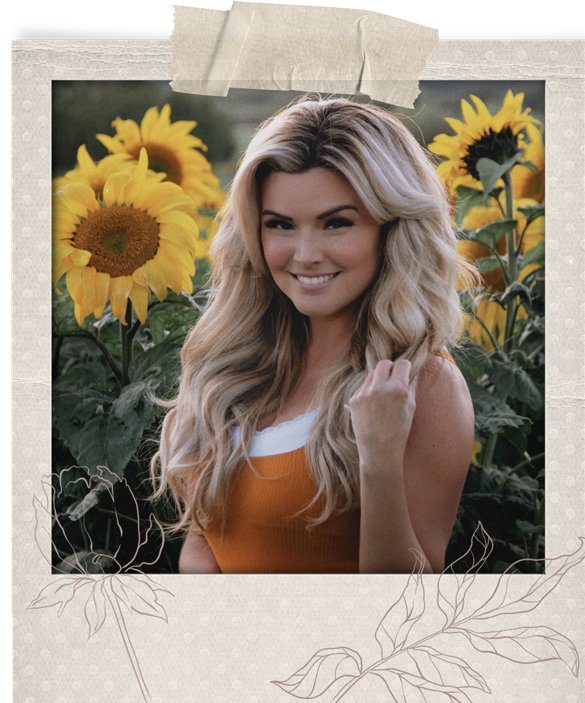

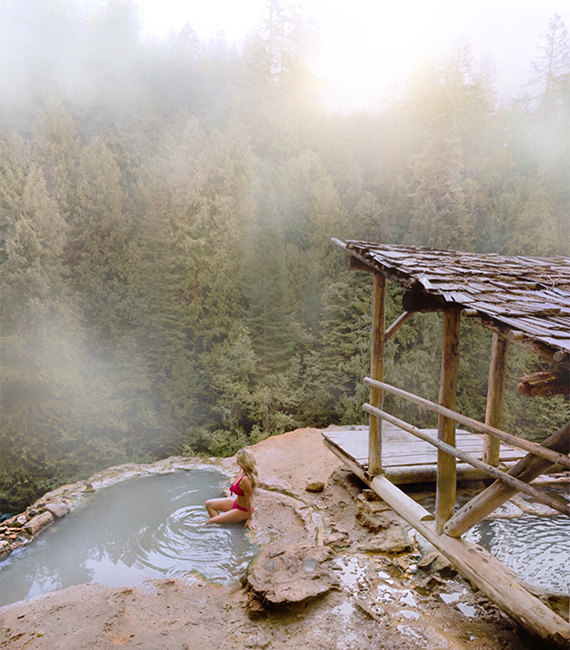




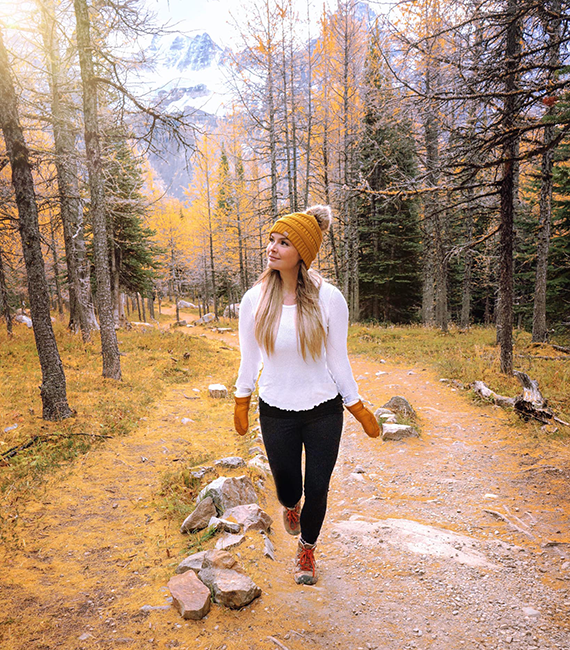


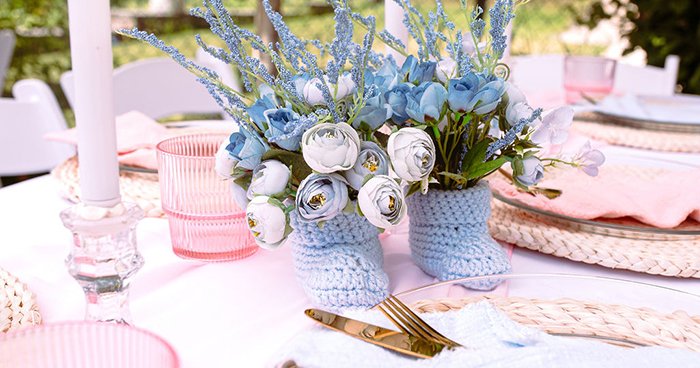

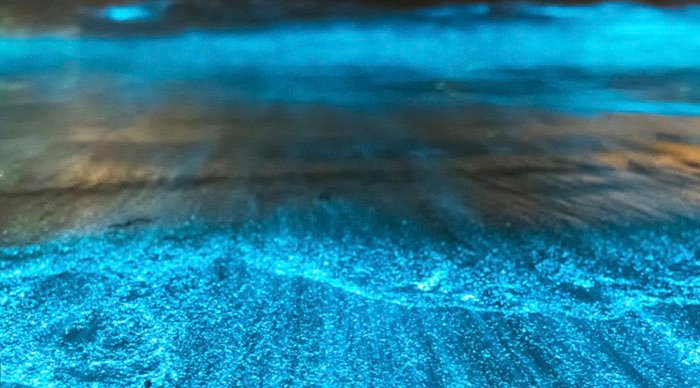
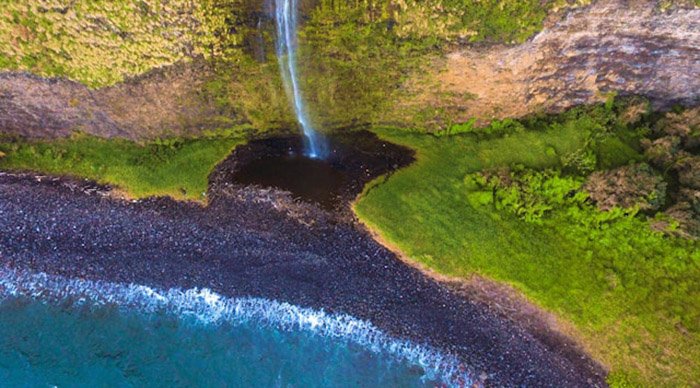
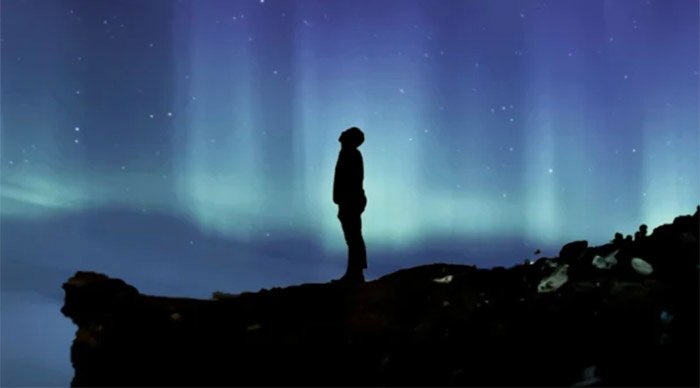

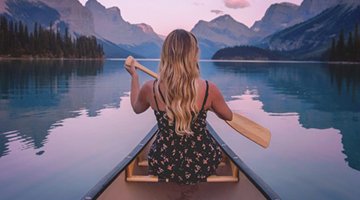

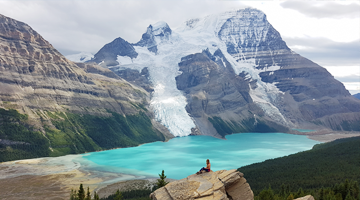
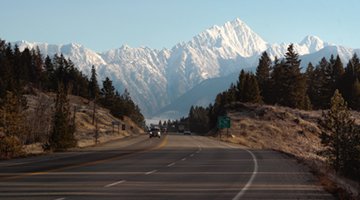


leave me a comment